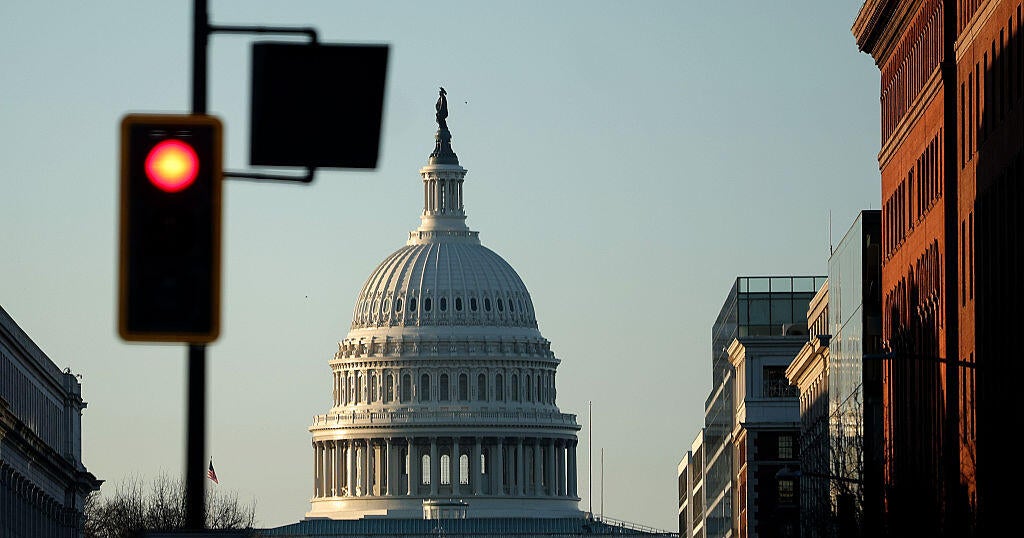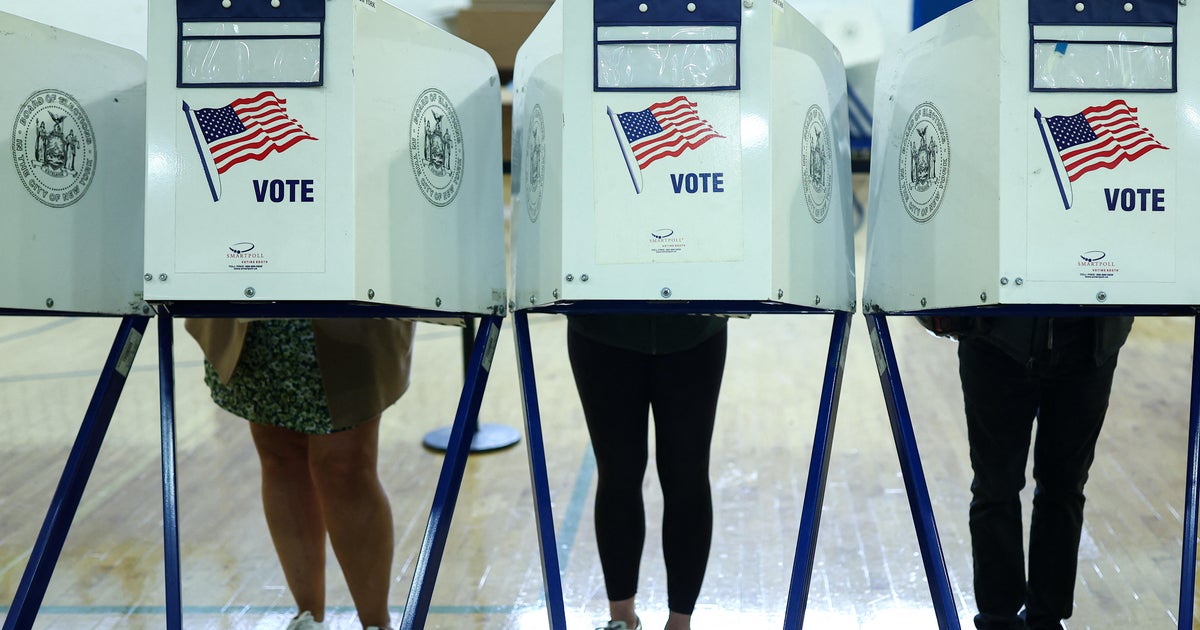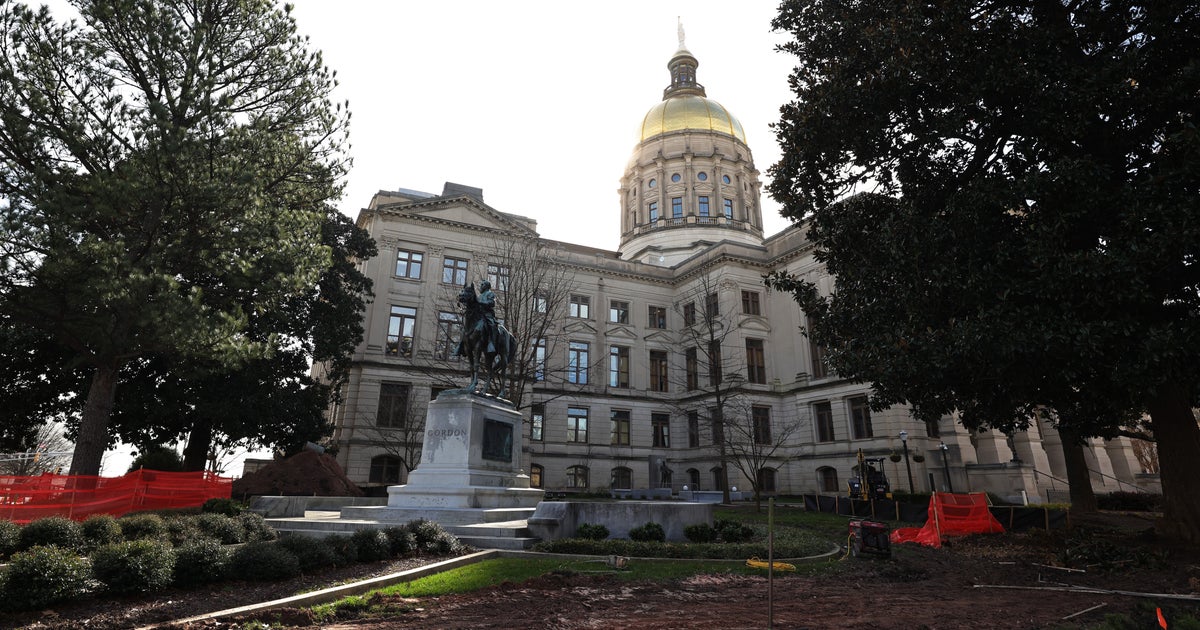Capitol Hill Rocketing Towards Economic Showdown
MIAMI (CBSMiami) – As the annual August recess continues in Washington, the outcry from some of the most conservative members of the Republican caucus continue to call for either a government shutdown or a debt limit default to halt the implementation of the Affordable Care Act.
Republican leadership in both the House of Representatives and the Senate have refused to take a side in the debate yet. But, prominent Republicans like Senators Marco Rubio and Ted Cruz are leading the charge to try to shut down the government or default on the debt to get their way on health care.
Initially, Rubio and Cruz began the call to refuse to fund the government unless the health care reform act was shut down around a month ago. At first, the notion was dismissed by many GOP members, including conservative Oklahoma Senator Tom Coburn.
Senator Coburn quoted Congressional research that showed that most of the funds for the Affordable Care Act were mandatory funding and wouldn't be impacted by the threat of a government shutdown.
The conservative anxiety over the implementation of the Affordable Care Act, which will be mostly in place by the end of the year, has taken on a new shape with Senator Rubio changing the rules for opposing the bill nicknamed Obamacare.
"You cannot say you are against Obamacare if you are willing to vote for a law that funds it," Senator Rubio has said. "If you're willing to fund this thing, you can't possibly say you're against it."
The problem for Rubio and other conservatives is that the call to "repeal and replace" from 2010 has morphed into simply repeal with no replacement to help manage health care costs being proposed. The GOP-led House has voted 40 times to repeal the Affordable Care Act since 2010, but hasn't proposed a replacement bill yet.
Plus, more moderate Republicans who would typically be in the mood to compromise to keep the government moving and even to make the Affordable Care Act work better for their constituents are disappearing quickly in Washington.
The threat of tea party challenges from the right is forcing many Republicans who in the past would have sought a compromise with Congressional/Senate Democrats or the president are now moving further to the right to keep from facing a primary fight.
This is on display in both Tennessee and Kentucky.
In Tennessee, Republican Senator Lamar Alexander, who has always received solid ratings from conservative groups, is being asked to step down by tea party groups because "our great nation can longer afford compromise and bipartisanship, two traits for which you have become famous."
In Kentucky, Senate Minority Leader Mitch McConnell is facing a tea party challenge in his state's primary. If Senator McConnell were to negotiate or strike a deal with Senate Democrats, it would likely weaken him enough to possibly cost him his seat in the Senate.
But, that is the point Washington has quickly found itself at as a massive showdown over funding the government and raising the debt ceiling loom large in September.
As time has gone on from the initial call to shut down the government to prevent the implementation of the Affordable Care Act, some are turning instead to the possibility of another fight over the nation's debt limit.
In the last week, calls have started to go out that if a government shutdown threat won't stop the Affordable Care Act's implementation, then the GOP should refuse to raise the debt limit unless the ACA is halted.
The last time the GOP took the debt limit hostage a few years ago, the nation's credit rating dropped and the recovery from the Great Recession was pushed further back.
President Barack Obama has repeatedly said throughout the last few months that he "will not" negotiate on the debt ceiling again. Senate Majority Leader Harry Reid echoed the president's remarks last month.
The debt limit fight is over raising the nation's debt limit to pay for bills that have already been charged, not future spending.
Economists have warned that a debt default by the United State could completely cripple the global economy. A massive bond sell off would be possible and some economists fear a global depression could ensue, depending on the length of the default.
Still, Washington is barreling towards a massive conflict in September that could turn into much ado about nothing or plunge the U.S. and global economy into a meltdown.
In the past few years, Congress has worked best when it's coming up on a deadline. But, between primary battles and ideological rigidness, it remains to be seen if the current group on Capitol Hill will be able to defuse the ticking time bomb.







